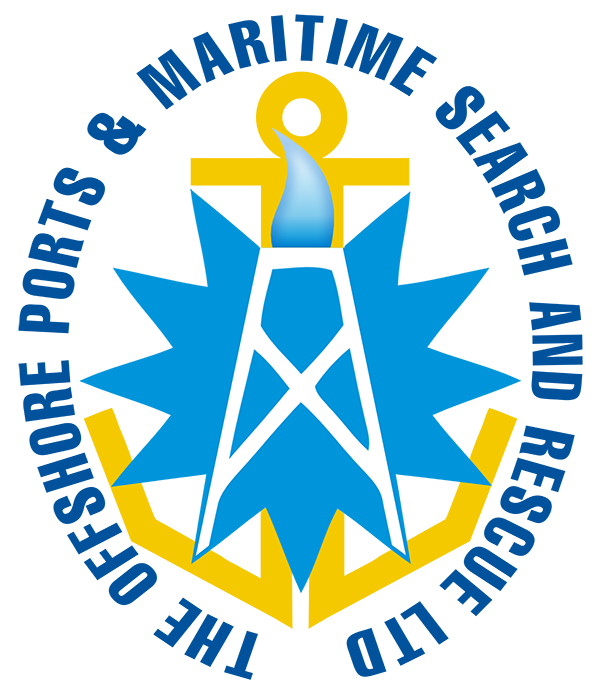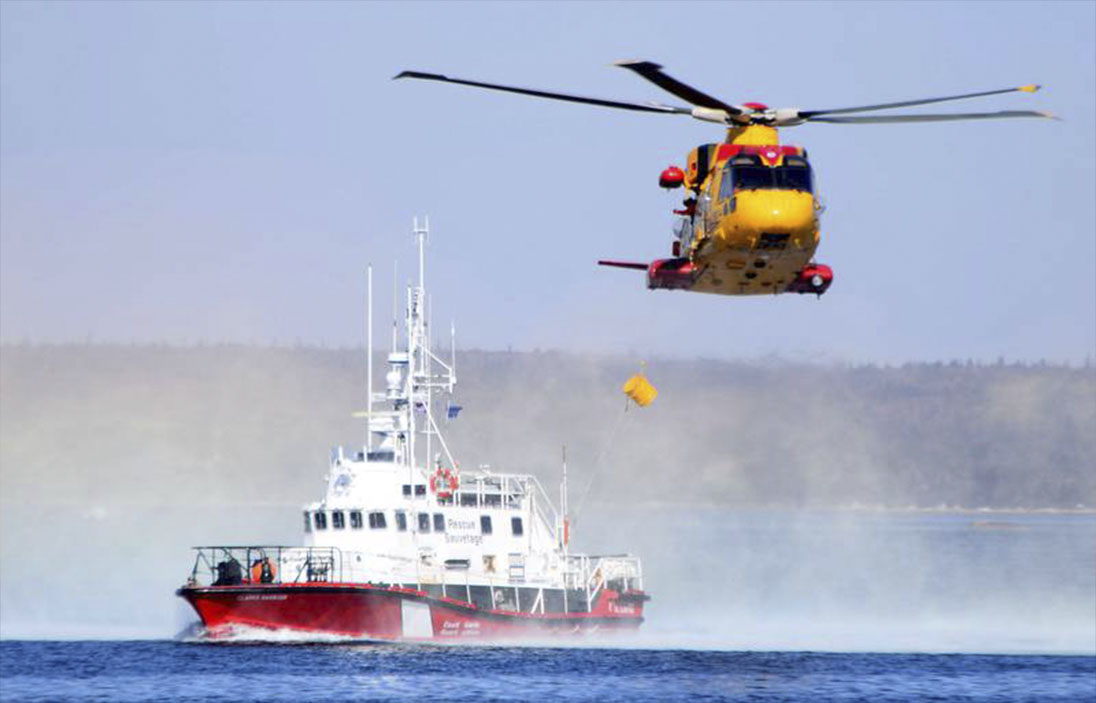
SEARCH AND RESCUE & MEDEVAC
November 16, 2021THE OFFSHORE PORTS MANAGEMENT
By introducing the new topic "ports of the continental shelf and operations on open sea terminals", it is now possible to cooperate with countries having maritime borders, generating revenues from tariffs on offshore operations including vessels and helicopters for passenger and cargo transportation, loading and discharge of cargo through pipelines, SBM/SPM, construction and maintenance e.g. offshore wind farm, etc. as well as monitoring services and implementing of quality control on offshore terminals in a joint working group with our inhouse and partners expertise to develop a project to the benefit of saving lives at sea by creating or upgrading existing levels of Maritime Offshore Search and Rescue Services with the important mission, preserve environment through a monitoring day and night generate mechanism.
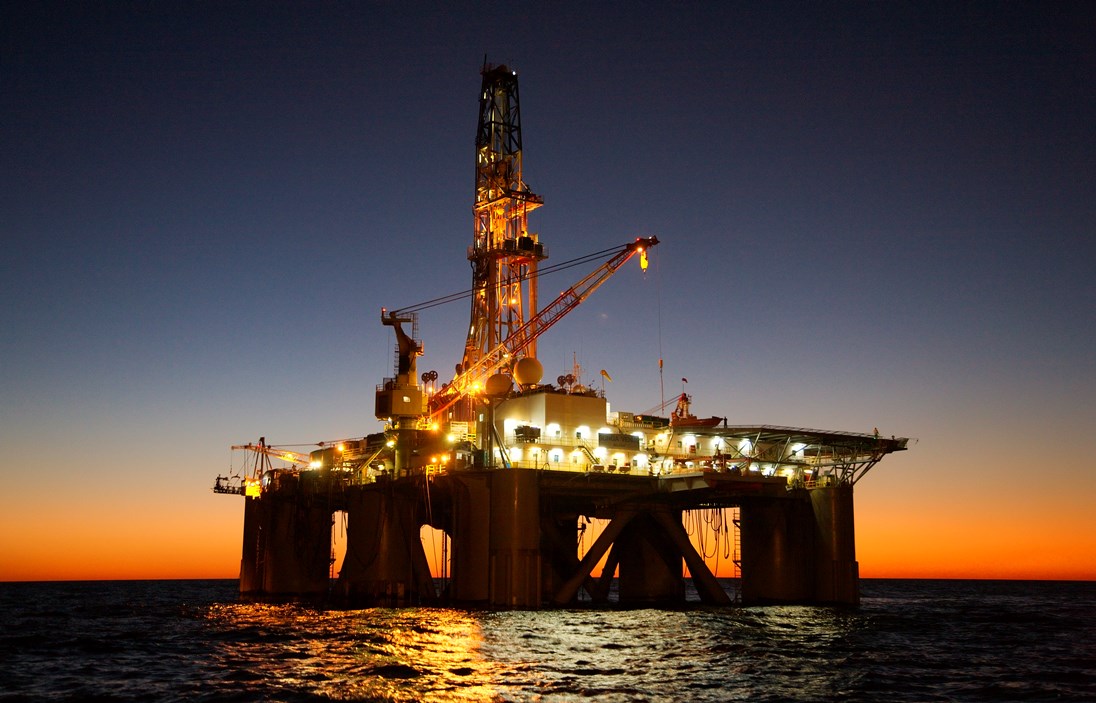
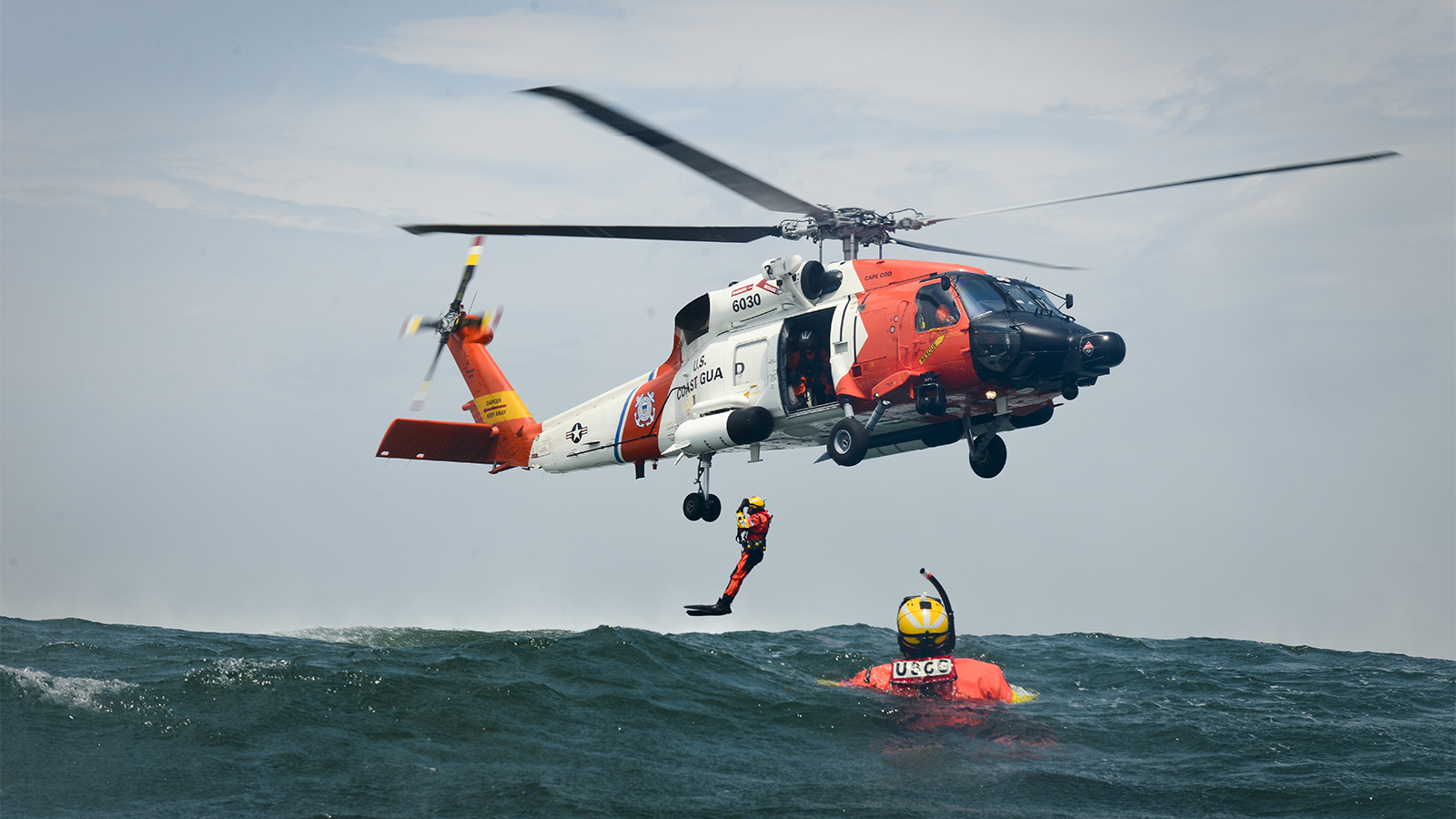
TOPSAR IS A COMMITTED OBSERVER
International Convention on Maritime Search and Rescue (SAR)Adoption: 27 April 1979; Entry into force: 22 June 1985
The 1979 Convention, adopted at a Conference in Hamburg, was aimed at developing an international SAR plan, so that, no matter where an accident occurs, the rescue of persons in distress at sea will be co-ordinated by a SAR organization and, when necessary, by co-operation between neighbouring SAR organizations.
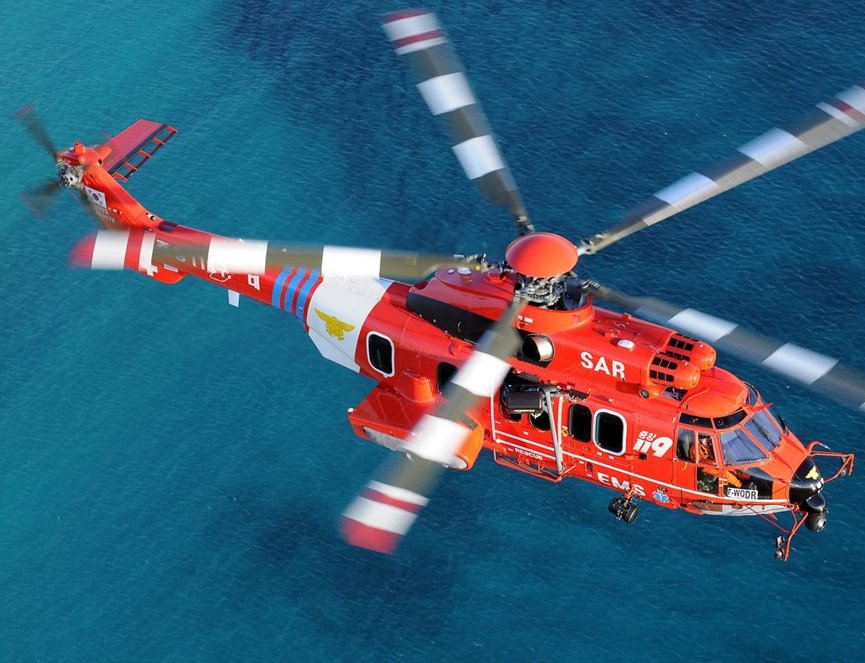
Although the obligation of ships to go to the assistance of vessels in distress was enshrined both in tradition and in international treaties (such as the International Convention for the Safety of Life at Sea (SOLAS), 1974), there was, until the adoption of the SAR Convention, no international system covering search and rescue operations. In some areas there was a well-established organization able to provide assistance promptly and efficiently, in others there was nothing at all.
The technical requirements of the SAR Convention are contained in an Annex, which was divided into five Chapters. Parties to the Convention are required to ensure that arrangements are made for the provision of adequate SAR services in their coastal waters.Parties are encouraged to enter into SAR agreements with neighbouring States involving the establishment of SAR regions, the pooling of facilities, establishment of common procedures, training and liaison visits. The Convention states that Parties should take measures to expedite entry into its territorial waters of rescue units from other Parties.
The Convention then goes on to establish preparatory measures which should be taken, including the establishment of rescue co-ordination centres and subcentres. It outlines operating procedures to be followed in the event of emergencies or alerts and during SAR operations. This includes the designation of an on-scene commander and his duties.
IMO search and rescue areas: Following the adoption of the 1979 SAR Convention, IMO's Maritime Safety Committee divided the world's oceans into 13 search and rescue areas, in each of which the countries concerned have delimited search and rescue regions for which they are responsible.
